In its 29th year, College of Communication’s annual Great Debate on Tuesday evening turned into a war of words among panelists over whether Israelis or Palestinians are to blame in the ongoing conflict.
About 125 people flocked to the Tsai Performance Center for this year’s debate, which was organized by COM Event Coordinator Lauren Glaser and journalism professor Robert Zelnick.
COM graduate student Phillip Kisubika presented the argument that, “Palestinians are to blame.” Georgetown University professor of government and international relations Robert Lieber and Johns Hopkins School of Advanced International Studies Foreign Policy Institute fellow Joshua Muravchik argued from the same perspective.
COM graduate student Justin Bourke, Foundation for Middle East Peace member Geoffrey Aronson and American Task Force on Palestine member Hussein Ibish argued that “Israelis are to blame.”
“Square feet, square mile, Israel is the size of New Jersey,” Kisubika said. “The amount of what it has had to handle is immense for a state that small.”
Kisubika said that while both an Israeli and Palestinian state should exist, the Palestinians must compromise more.
What they are doing now, she said, is preventing peace from becoming a possibility and making it difficult for Israel to invest trust in the other side.
Kisubika said that the Palestinians have been proving themselves less trustworthy over the years.
Bourke, however, said that the protests of Palestinians aim to challenge the system of “discipline and control” that characterize the occupation.
“Israel has every right to defend their own interests if it gets perceived threats of violence, but this argument fails to take into account the fact that peaceful protests have been nearly impossible for Palestinians and their protests are often met with violence from occupational forces and settlements,” Bourke said.
Ibish said the occupation has defined the conflict. While he called its end the solution, he said Israel’s upper hand does not allow for an easy compromise.
“Palestinians have checked virtually every box in any reasonable list of what they must do to prove they’re bona fide, their ability and willingness to govern themselves and their commitment to a two-state outcome,” he said.
Ibish’s opponent Muravchik said Israel has good reasons to have qualms about whether Palestinians are genuine in their desire for a peace compromise.
Lieber said the Palestinians need to show the Israelis that they are ready, willing and able to make peace. As he said the Palestinians have more than one authority, he said that it raises the question of which authority the Israelis should address.
Aronson said, though, that it is the responsibility of political leaders and authority figures to channel the energy of their people to be far more productive toward compromise.
Ibish said Israel’s settlement program directly contradicts a two-state outcome, and even the Israelis recognize it is leading to a single, bi-national, separate and unequal state that already exists and can become permanent.
“This is not something that can be fixed with the wave of a hand or the sign of a pen,” Bourke said.
Attendee Talya Stern, who is originally from Israel, said she believes that the Israelis are to blame. A majority of those that lived around her, she said, did not hold that opinion.
“I feel like Israelis are a lot more stubborn,” said Stern, a School of Hospitality Administration sophomore. “They want it all. The things they do are horrible.”
Stern also said there should be two nations for the Palestinians and Israelis.
“I’ve always been a very strong Israel advocate,” said attendee and COM freshman Leora Kaufman in a phone interview.
“My mom is Israeli, I grew up in an Israeli household,” she said. “After learning about both sides of the issue, I’m still an Israel advocate but I support the two-state solution.”
Kaufman said that the debate presented some facts about Israel that she hadn’t known before and reaffirmed the idea that Palestinians focus on the issue of the Israeli occupation.
COM graduate student Adam Ellsworth said while he supports a Palestinian state, the ongoing debate about the Israeli-Palestinian conflict has appeared to go nowhere.
“Every time it seems like some compromise has been struck, it goes back to where we started,” Ellsworth said. “I don’t know who is to blame.”
Because of confusion about how to vote, neither team was declared the winner.























































































































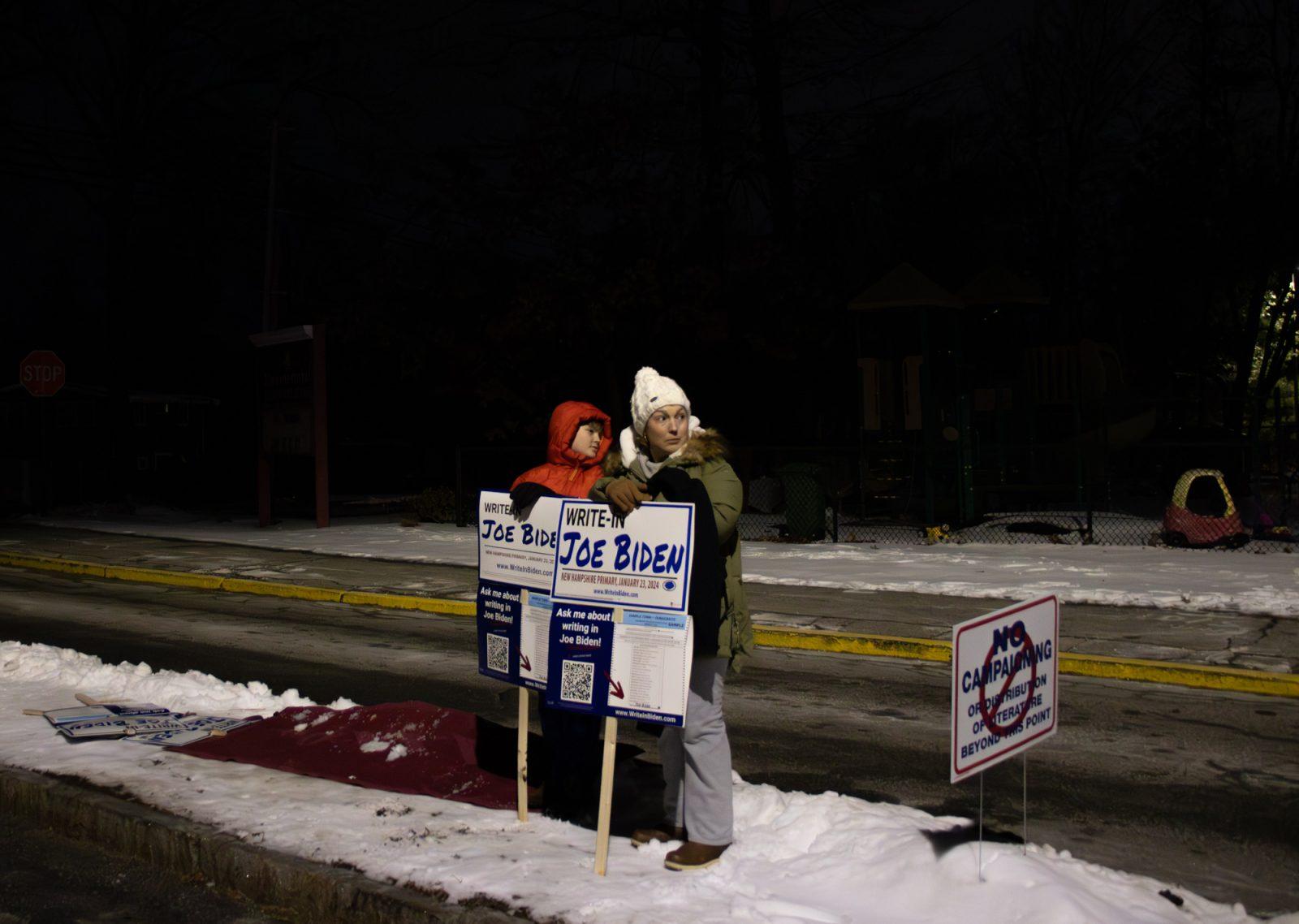
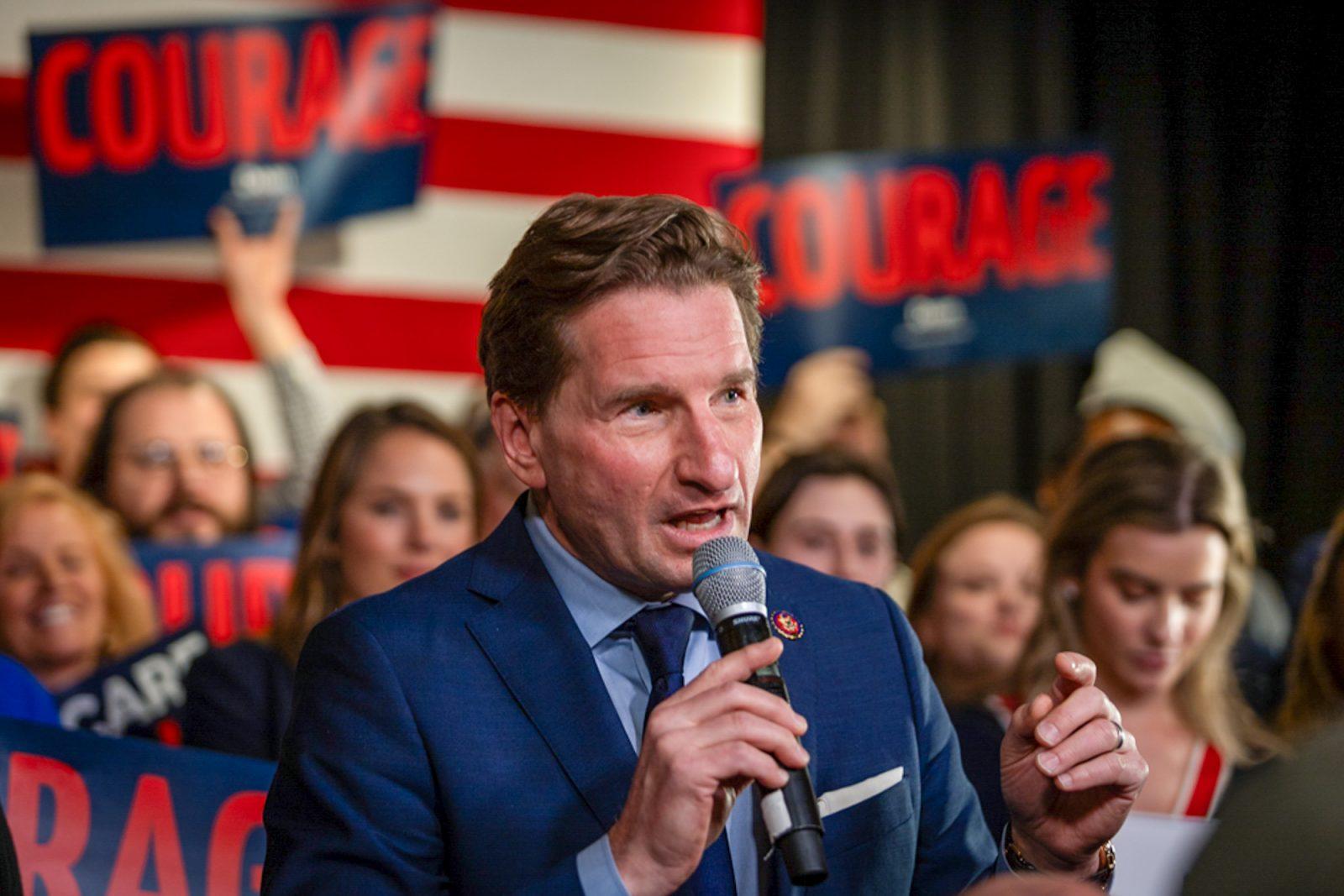
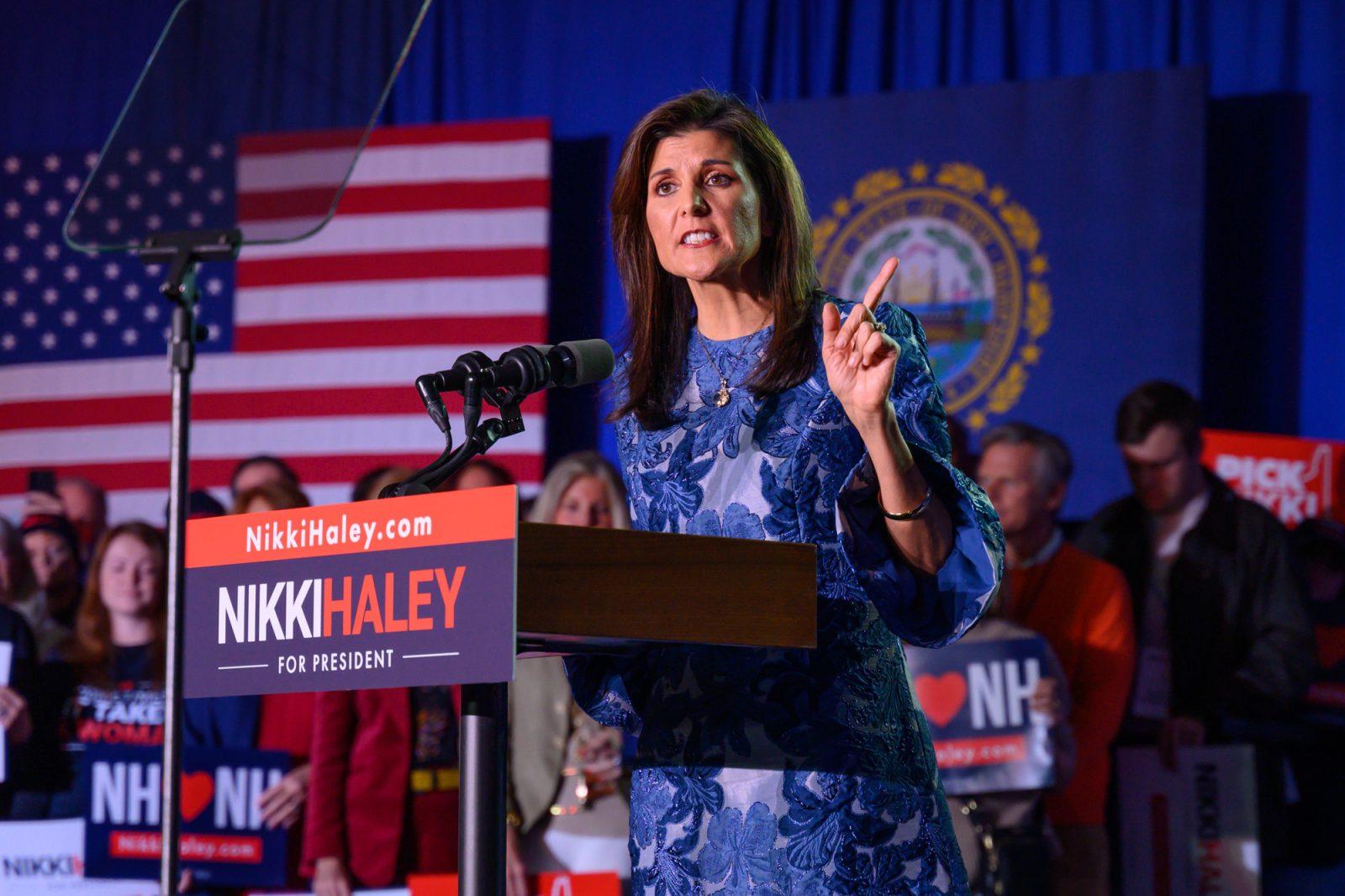
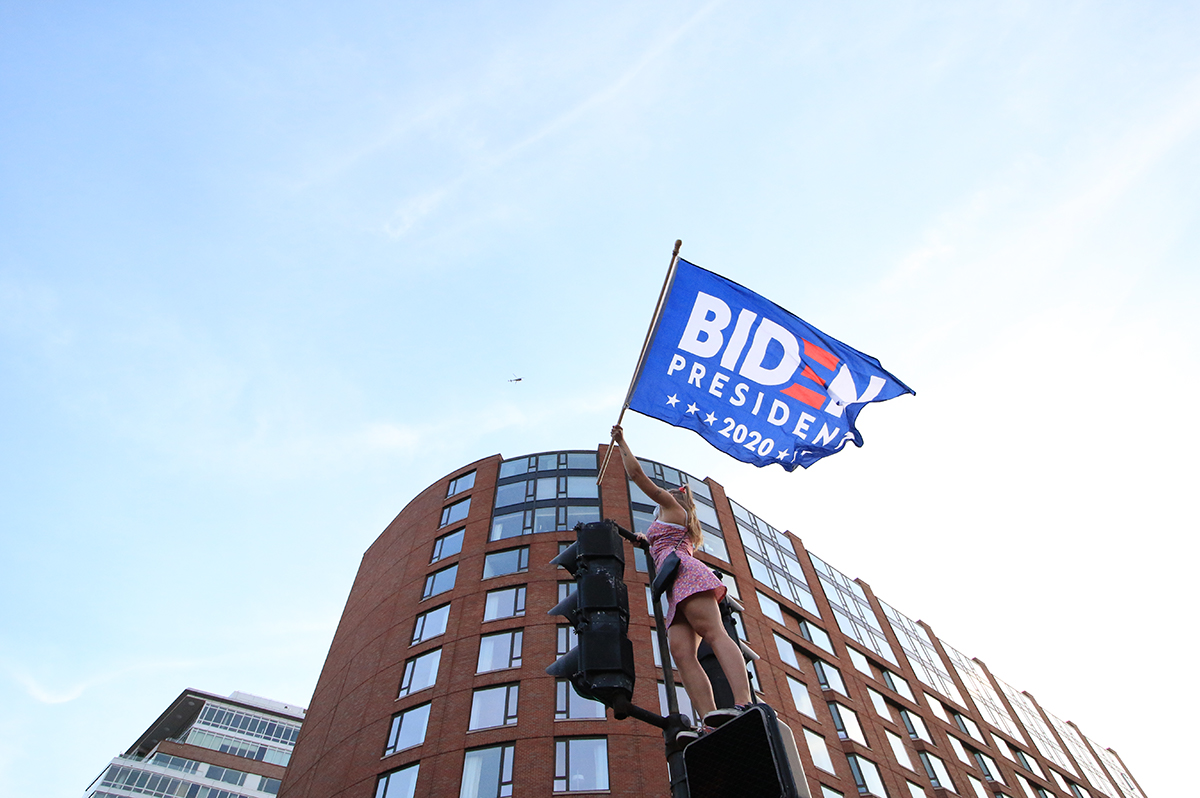
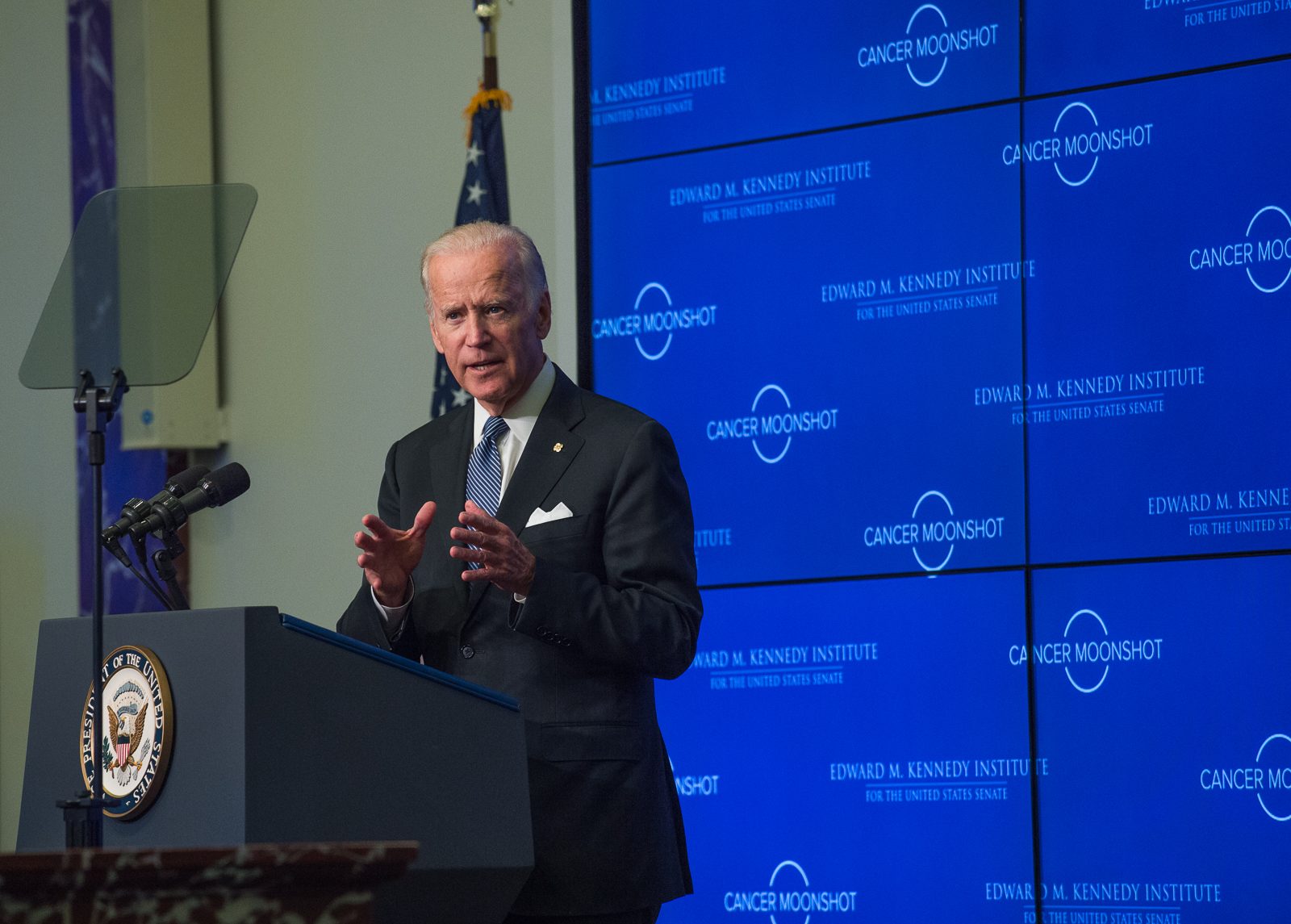
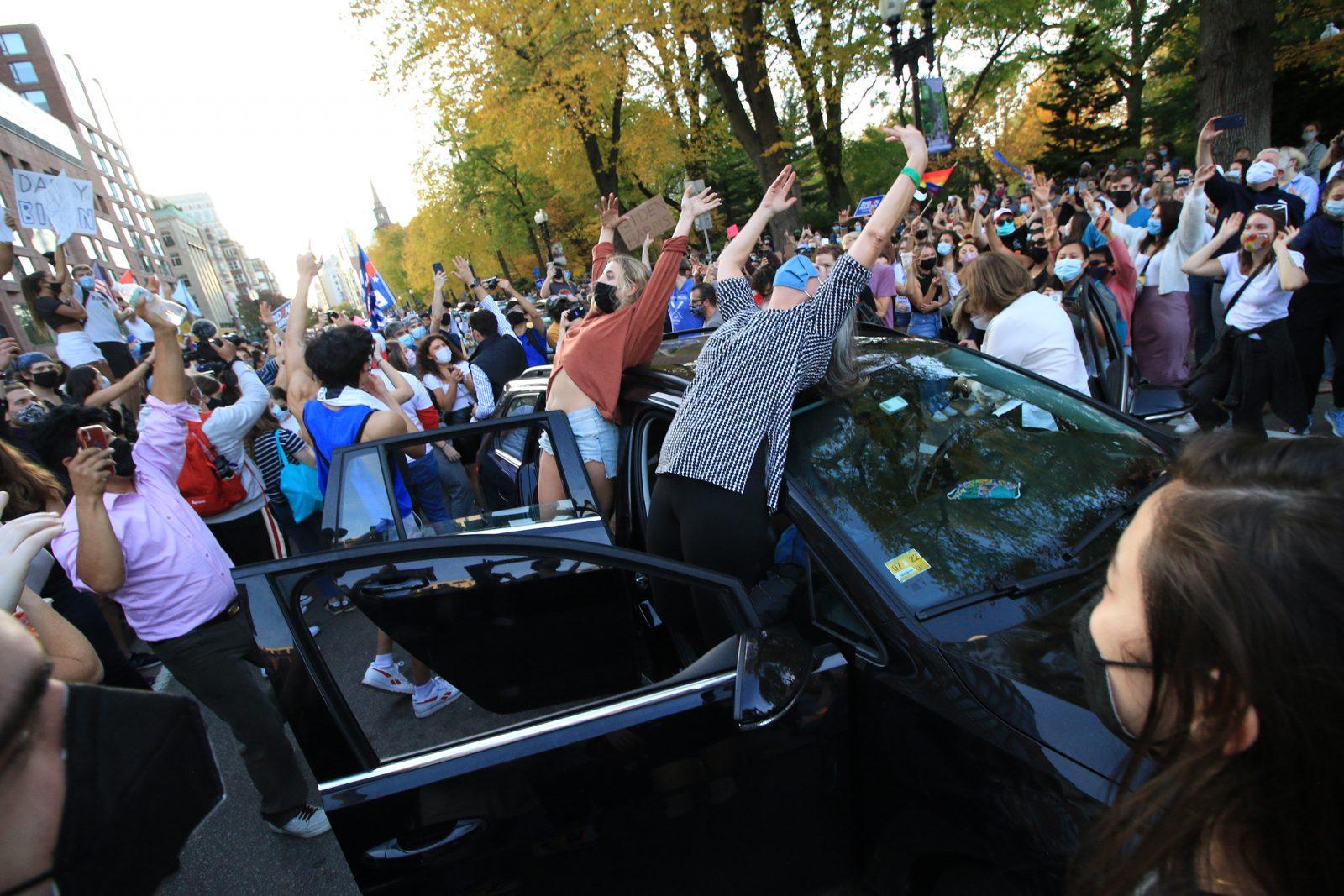
Tommy W. • Nov 16, 2011 at 1:20 pm
Sounds to me like you’re the expert Bryan!
Bryan • Nov 16, 2011 at 6:01 am
What a preposterous idea for an event. Instead of debating the validity of various political strategies for achieving peace, or discussing the effectiveness of efforts to bring Israelis and Palestinians together on a grassroots level, COM decided that the best way to discuss the Israeli-Palestinian conflict is to play the blame game? Really?
This (and the vast swathes of white emptiness on COM students’ schedules) is why the rest of us find it difficult to take COM seriously.